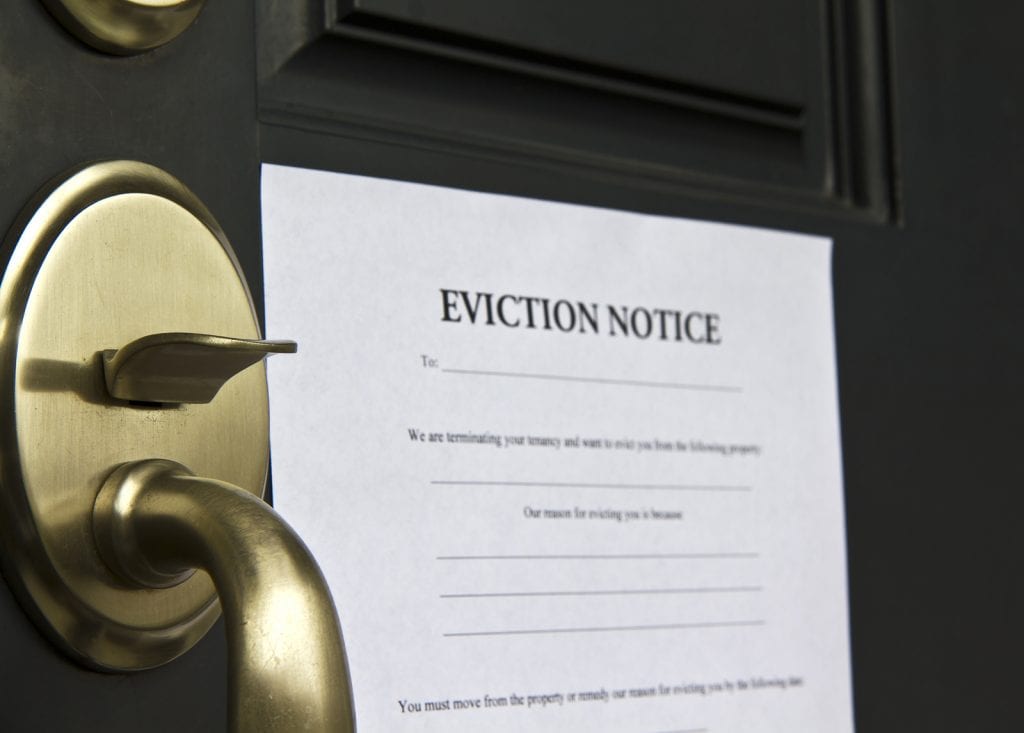
Renting a home can be both exciting and daunting. From finding the perfect place to managing monthly payments, you have a lot to consider. Fortunately, technology has made the rental process smoother and more convenient than ever before, thanks to the proliferation of rent apps.
Finding Flexibility with Rent Apps
With the emergence of rent apps like Flex, tenants have more flexibility in their housing arrangements. Flex allows users to search for rental properties with flexible leasing options, such as month-to-month or short-term leases. This flexibility is particularly beneficial for those with uncertain living situations or who need temporary accommodations. Whether relocating for work or exploring a new city, apps like Flex offer the freedom to rent on your terms.
Never Miss a Payment with a Reminders App
One of the most stressful aspects of renting is keeping track of rent payments and deadlines. Fortunately, there are rent apps that help tenants stay on top of their financial obligations. These apps send timely reminders and notifications to ensure rent payments are made on time, thus avoiding late fees and potential disputes with landlords. Some rent reminder apps offer convenient payment options, allowing tenants to pay rent securely and conveniently from their mobile devices. With the help of these apps, tenants can breathe easy, knowing their rent payments are on time.
Empowering Landlords
While tenants benefit from apps, landlords also gain from these innovative platforms. Rent apps designed for landlords streamline the rental management process, making it easier to advertise properties, screen potential tenants, and collect rent. These apps often have features such as online rent collection, lease management tools, and communication tools for landlords to stay in touch with their tenants. By leveraging management apps, landlords can save time, reduce administrative burdens, and ensure a smoother rental experience.
Rent Apps: Enhancing the Rental Experience
Rent apps have revolutionized the rental experience for both tenants and landlords alike. From providing flexible leasing options to simplifying rent payments, these apps offer convenience, efficiency, and peace of mind to everyone involved. Whether you’re a renter on the hunt for the ideal home or a landlord aiming to optimize your rental processes, there’s an app for that. Embrace the power of technology and take your rental journey to new heights.




